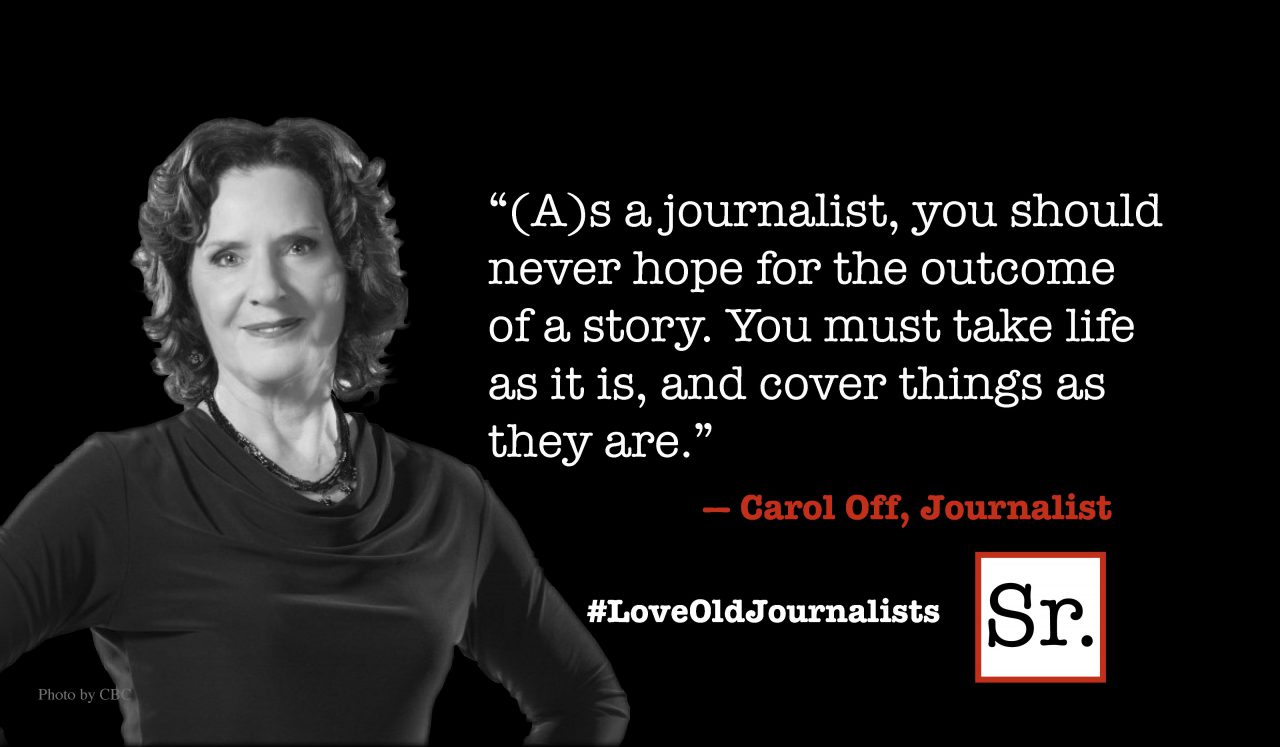If you have been following the drift of these columns over the past decade, you may have noted a recent modest shift. For years I have focused almost exclusively on what I saw happening in the political world with the despoiling of the American dream and a hopeful way out of the morass. While those dynamics will continue to be a central focus, I have recently begun to take a more dedicated look at what may be churning in my inner life. Perhaps this inward journey is the normal product of my advanced years, or perhaps it is the result of a sensitivity that can no longer be ignored. Wendy often reminds me that like many men I have a hard time getting in touch with what is going on in my inner life, let alone expressing it. For whatever reason, I now feel compelled to focus more on that journey and those who have both impacted and were themselves impacted by this aspect of my life.
For some time there has been welling up something that I have as yet been unwilling to face, not because it is too remote, but because it is too close. I can no longer put these feelings aside. It is the grief about the deaths of my two children — John and Carol
First I must tell you about events that helped shape both the troublesome and the marvelous years before the lives of John and Carol were snuffed out. Next week I will tell you a few brief things about their years from the time we moved to Chicago until their deaths. In two weeks I will write about how grief has reshaped me. But first, this column describes how my history helped mold who John and Carol became. Bear with me as I try and tell this part of my story — and theirs.
In 1960 I became pastor of a fine middle-class congregation in Alexandria, Virginia, a comfortable affluent Washington D.C. suburb. A few years later I was also elected President of the Metropolitan Washington Council of Churches. This comfortable world was blown apart on November 22, 1963, with the assassination of President Kennedy. I was at a meeting of the Council of Churches just a few blocks from the White House when we got the news. Within an hour I was called by a parishioner who was a member of Congress, and with her invitation, I spent most of the next three days at the Capitol. During those hours I stood at the lectern from which I had recently heard the President address the nation. As I stood there I heard the shuffling of feet as people by the thousands walked in the adjacent rotunda by the bier of our fallen leader. I will never forget that sound. I was now confronted with being immersed in the dynamics of history, politics and the social issues that shaped so much of what I became. The events of those days influenced decisions I would make for years to come, including an invitation to become the pastor of “The University Church of the Disciples of Christ” in Chicago.
This congregation was — and is — the denomination’s most vital focus on issues of peace and justice, and following the JFK assassination seemed just the right place for me to continue the ministry to which I was called. After months of soul-searching, my wife and I packed up the children and in 1967 made our way to the south side of the windy city. What I didn’t realize was just how much the move would affect John, Carol and Beth.
The most difficult part of the relocation concerned how we could take our three children, all under 13, to this world far from the comfortable middle-class life they had known. Where would they go to school? There were few children in the congregation at that time, and most of them were enrolled in “The University Lab School” founded by John Dewey. But the tuition for the three would have far exceeded a pastor’s salary. We might have found some other private school, but as dedicated liberals committed to public education, the only option seemed to be Chicago’s public schools. And that is where they were enrolled.
There have been moments, some of them recently, in which I have been smothered in guilt by immersing the children in a world for which they were unprepared. But now looking back over their lives, I am convinced that the marvelous lives they then assumed would never have taken place had we stayed in the comfortable middle-class world they had come to know. I was smart enough and competent enough to be headed for the tall steeple ministry, which would be the sign of professional success. But I was being called in a very different direction. My life journey is well recorded elsewhere, but now is the time to spell out the beauty of what ensued with John and Carol. Beth is still very much alive and is increasingly vital. But it would be presumptive of me to tell a story she must tell. I must tell John and Carol’s beautiful stories because they cannot. And that’s for next week.









